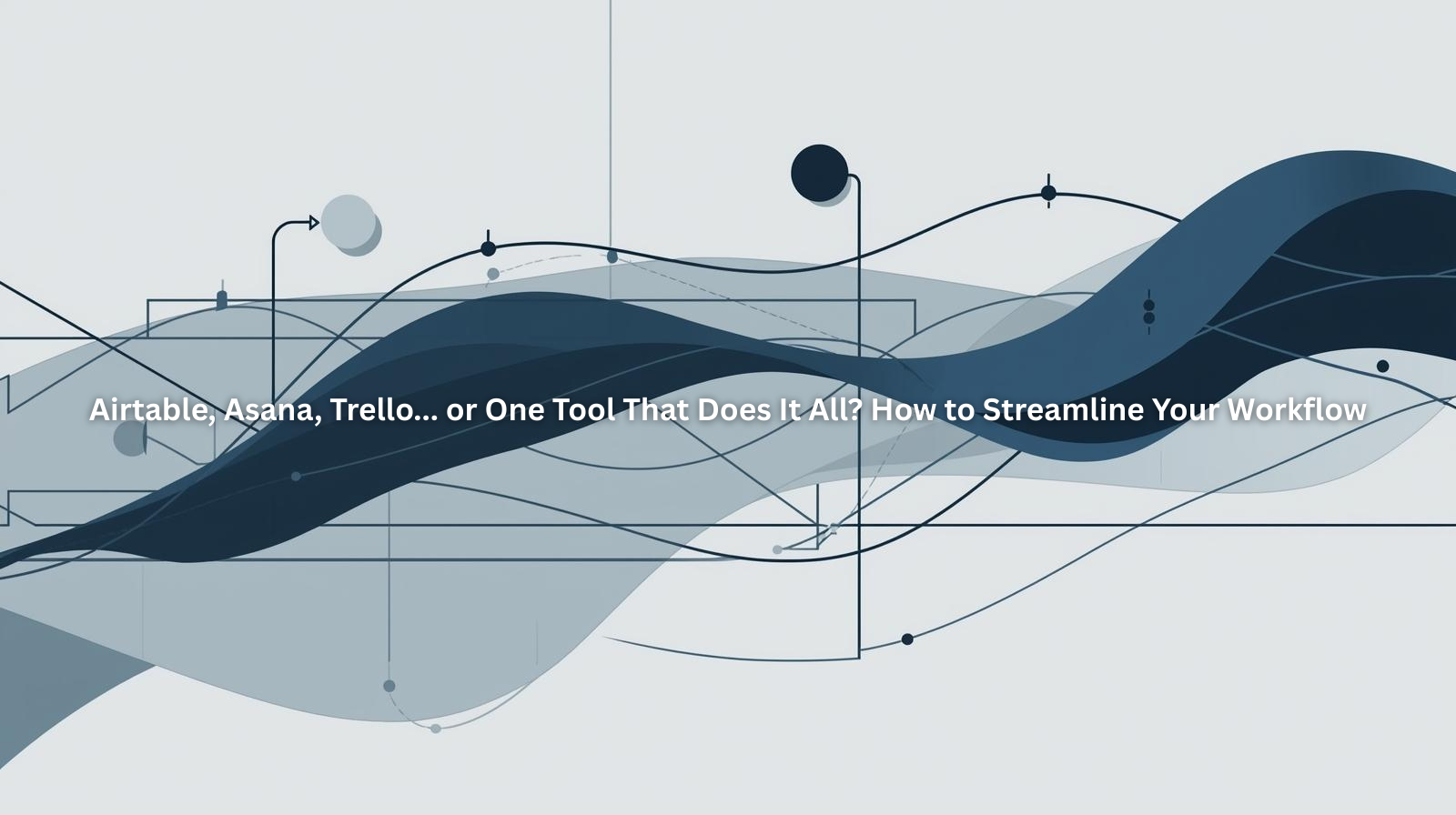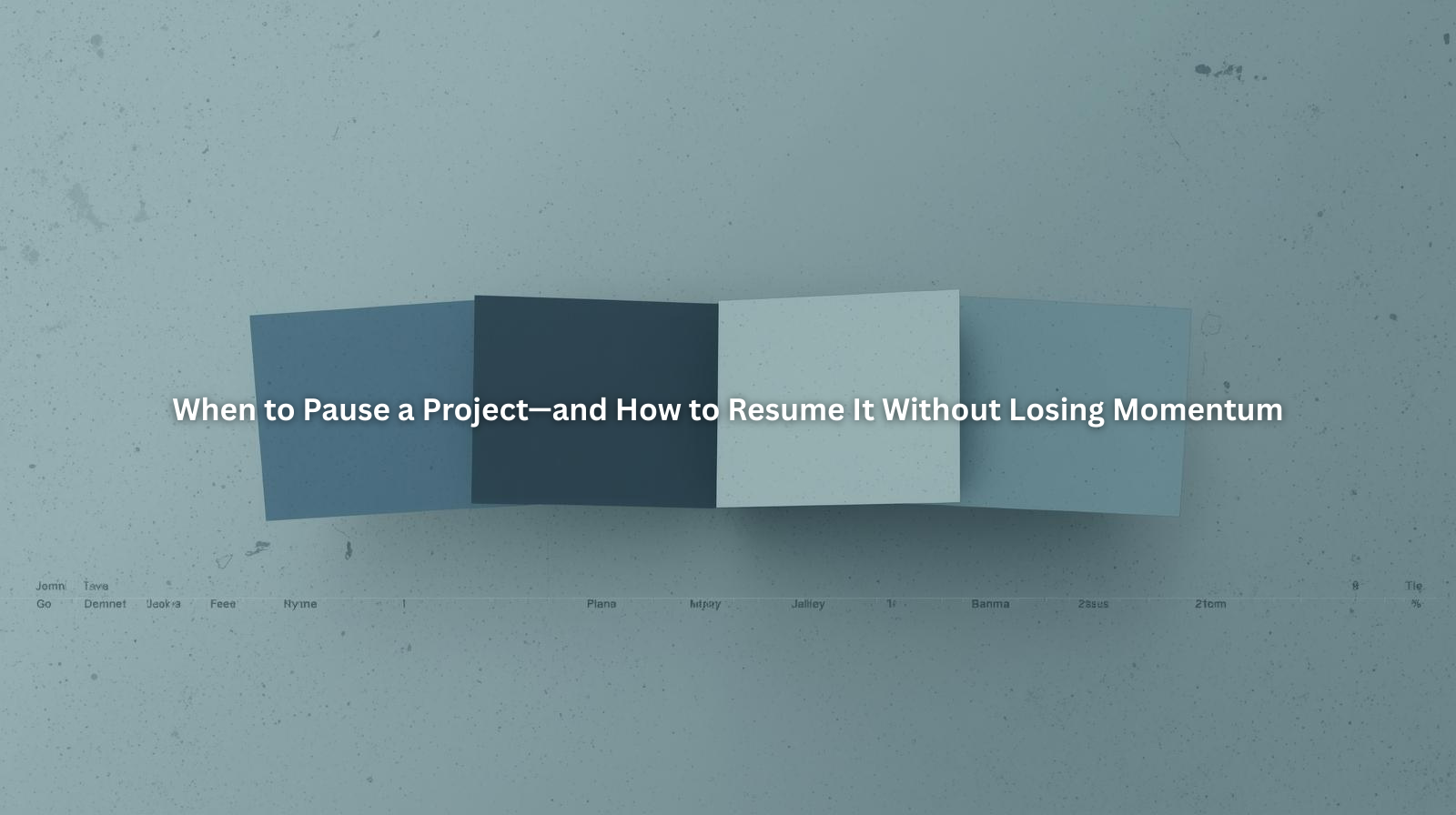Is Venmo Safe for Freelancers and Small Businesses?

Table of Contents
- Why So Many Freelancers Use Venmo
- Is Venmo Safe? (Technically Yes—But It’s Complicated)
- What Freelancers Should Know About Using Venmo for Business
- The Pros and Cons of Accepting Client Payments via Venmo
- Venmo vs. Business-Ready Tools
- A Better Way to Track Projects and Payments with ProjectBook.co
- Frequently Asked Questions (FAQ)
Why So Many Freelancers Use Venmo
Venmo is fast, familiar, and easy to use. If you’re a freelancer or small business owner who’s ever sent or received money through the app, you’re not alone.
Many freelancers rely on Venmo because:
- It’s simple to set up
- Clients already use it personally
- Funds transfer quickly
- It feels casual and frictionless
But here's the thing: what makes Venmo great for friends doesn't always make it great for business.
Is Venmo Safe? (Technically Yes—But It’s Complicated)
Let’s get this out of the way: Yes, Venmo is secure in the sense that:
- It uses encryption to protect transactions
- It verifies identity and device usage
- It offers fraud protection in some cases
But “safe” doesn’t always mean “smart.” For freelancers and small businesses, the bigger issues with Venmo are policy-based, not security-based.
Venmo’s original purpose was peer-to-peer transactions. That’s slowly changed with the introduction of Venmo Business Profiles, but many freelancers still use their personal accounts—often unknowingly in violation of Venmo’s terms.

What Freelancers Should Know About Using Venmo for Business
If you're using your personal Venmo account to accept payments for client work, here are three things to know:
1. It’s Against Venmo’s Terms of Service
Venmo prohibits using personal accounts for business transactions. If they suspect you're using it for commercial purposes, they can freeze or close your account—without warning.
2. There’s a Business Version (But It’s Not Perfect)
Venmo Business Profiles allow you to accept payments with:
- A business name
- Custom QR code
- Optional tipping features
BUT: You’ll pay 1.9% + $0.10 per transaction, and you still have limited control over invoicing, tax documentation, or integration with your broader systems.
3. Venmo Is Not Invoicing or Project Tracking Software
It’s a payment method—not a business tool. You won’t be able to:
- Track unpaid invoices
- Match payments to specific deliverables
- Send branded quotes or proposals
- Link payments to timelines or contracts
That’s where a tool like ProjectBook.co fills the gap.
The Pros and Cons of Accepting Client Payments via Venmo
Let’s break it down.
✅ Pros
- Easy for clients (especially individuals or small teams)
- Fast transfers
- Low effort setup
- Popular with casual or local clientele
❌ Cons
- Not designed for professional invoicing or service-based work
- Lacks contract or deliverable links
- Limited protection if a dispute arises
- Public payment activity by default (yes, really)
- Confusing for recordkeeping and taxes
- Requires manual tracking of who paid for what and when
Bottom line? Venmo can work in a pinch—but it shouldn’t be the only system you rely on.
A Better Way to Track Projects and Payments with ProjectBook.co
Let’s say your client insists on paying you via Venmo. That’s okay—as long as you’re tracking things properly.
With ProjectBook.co, you can:
- Attach payment status directly to client projects
- Log when invoices are sent and paid
- Store your contracts and proposals in the same place as your work
- Track what’s due, what’s delivered, and what’s still waiting on payment
It’s not just about how the money gets from them to you. It’s about:
- Why they’re paying you
- What it’s for
- Whether everything is documented and delivered
And that’s where ProjectBook.co becomes your behind-the-scenes business system.
Frequently Asked Questions (FAQ)
Is Venmo safe for business use?
Venmo is technically secure, but not built for business workflows. It’s okay to use—especially with a Venmo Business Profile—but should be paired with a system like ProjectBook.co to track project progress, documentation, and payment status.
What are Venmo’s business fees?
Venmo charges 1.9% + $0.10 for every business transaction. While that’s relatively low, there are limitations in terms of professionalism, recordkeeping, and deliverable tracking.
Can I get in trouble for using personal Venmo for freelance work?
Yes. Venmo prohibits using personal accounts for commercial purposes. If caught, your account could be frozen or terminated.
How should I track Venmo payments?
Use a tool like ProjectBook.co to document which payments apply to which project or deliverable—so you don’t lose track of what was paid, when, or for what.
Is there a better payment tool than Venmo?
Yes. Stripe, PayPal, or direct bank transfers via invoicing platforms are more professional and built for business. However, no matter how you get paid, you need a system like ProjectBook.co to organize everything else.
Final Thoughts: Venmo Might Work—But It’s Not a System
Venmo is convenient. But your business deserves more than convenience—it deserves structure, professionalism, and clarity.
Whether your clients pay you via Venmo, PayPal, or direct transfer, ProjectBook.co helps you track projects, payments, and deliverables with confidence.
Because getting paid is just the beginning. Running your business like a pro takes more than an app.
Ready to take your client payment process to the next level?
Try ProjectBook.co today and turn scattered transactions into a clear, confident workflow.


